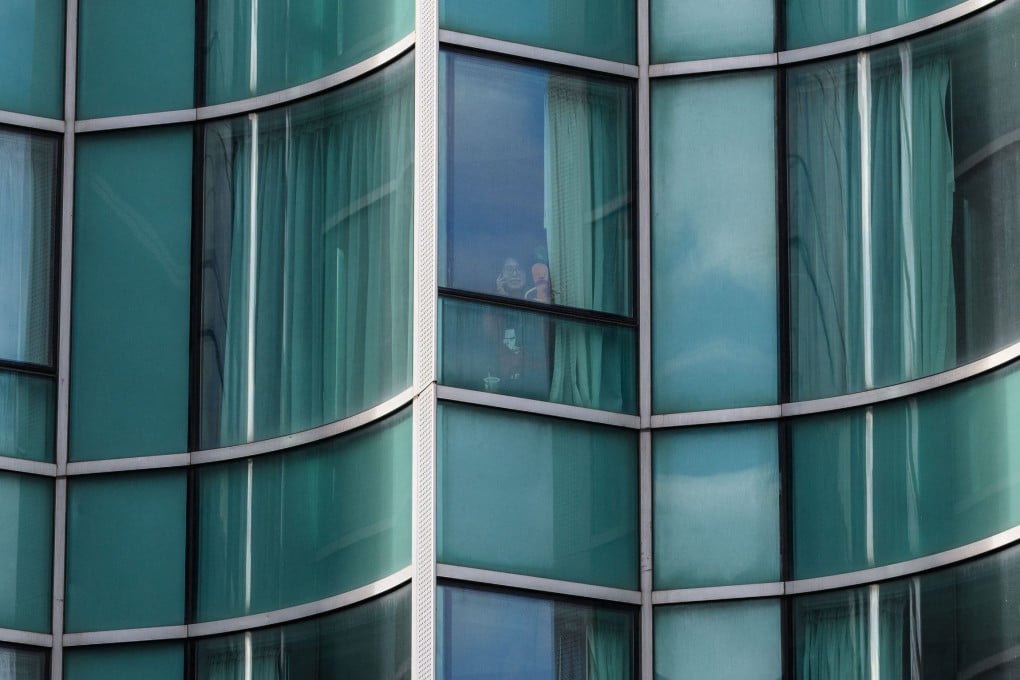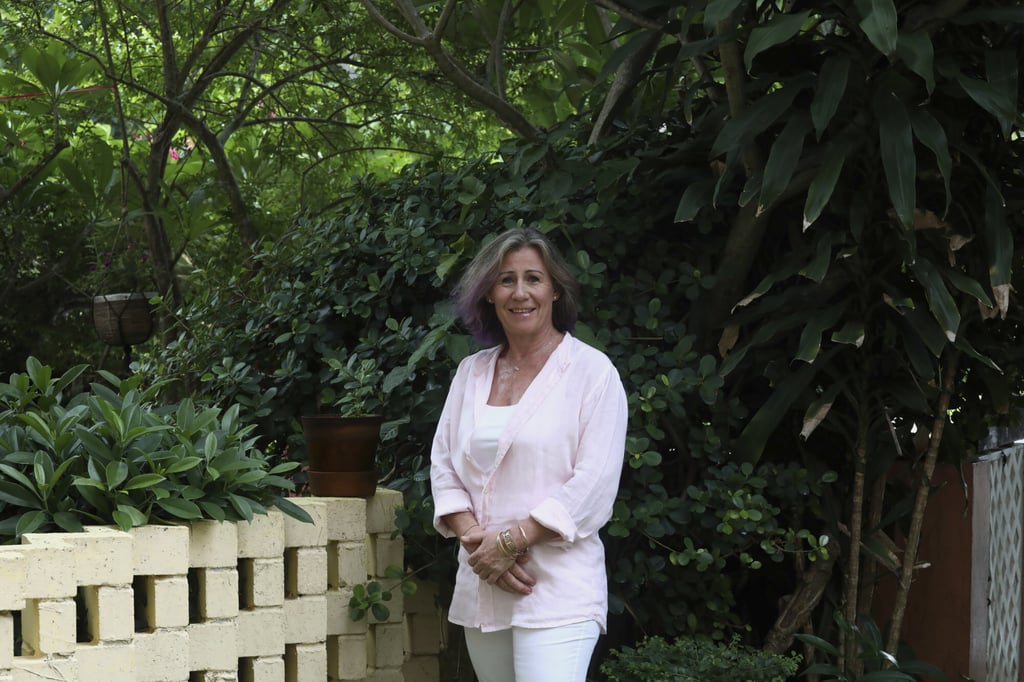How 21-day coronavirus quarantine damages mental health, with long-lasting effects – PTSD, depression, insomnia: Hong Kong psychologist’s research findings
- Dr Judith Blaine wrote the first scientific study of the world’s longest mandatory quarantine. The No 1 issue she found? A lack of information to justify it
- Her paper suggests ways to mitigate quarantine’s effects – counselling, hotlines, and taking into account whether those being quarantined have a mental illness

There has been much discussion among friends, on social media and in the press about the challenge to mental health posed by Hong Kong’s mandatory 21-day quarantine.
A new academic paper, the first to take a scientific and qualitative approach to the world’s longest mandatory quarantine, concludes it is associated with negative psychosocial consequences, some of which are long-lasting.
“The overwhelming feeling is that in the pursuit of protecting humans from the illness there has been a loss of sight of humanity,” says its author Dr Judith Blaine, a long-time Hong Kong resident and a research associate in South Africa’s Rhodes University Psychology Department.
Early on in the pandemic, Blaine joined some of the quarantine support groups and heard first-hand the anger and feelings of isolation. She determined to take a qualitative approach to the subject and searched for an ethical framework for pandemic planning.

“A lot of people are saying [the quarantine] is inhuman, unethical. If approached from a scientific point of view, it removes the emotion,” says Blaine.
To create awareness, Blaine says, “I tried to do the paper quickly and get it in a peer-reviewed journal.”